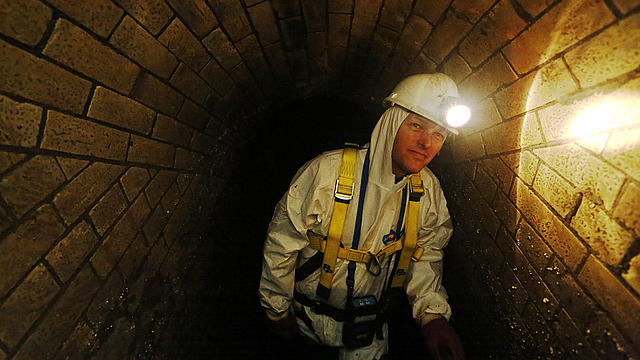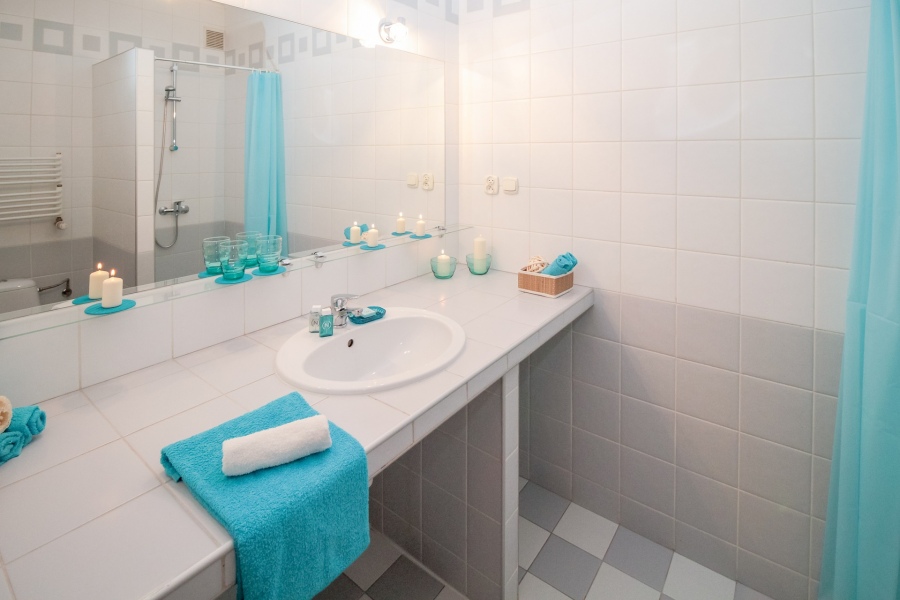A new campaign launched by Thames Water may help to prevent home flooding misery. According to the company, in the past five years there have been 18,000 home floods caused by blocked drains. There are a number of mistakes you might be making that could be damaging your drain. Below you’ll discover more about the campaign and how you can prevent your drains from clogging up.
Understanding the Campaign
Bin it Don’t Block it aims to prevent sewer flooding which is estimated to cost Thames Water £12 million to fix every single year. The company highlights how flushing and pouring things down the drain is contributing to the problem. The home’s drains are only designed to eliminate wastewater, human waste and toilet tissue. Anything other than that can lead to damage.
A lot of blame can be placed upon product labelling. Many labels state that the products can be flushed away when in reality this isn’t the case. Even if they disappear when you flush, the products can take many years to decompose. At the moment there aren’t any regulations that prevent you from flushing specific things down the toilet. Therefore Thames Water is hoping the campaign will highlight the importance of using alternative waste removal methods. They are also hoping it will influence manufacturers to be clearer with package labelling.
Sanitary products used to be a major issue until companies altered their packaging. At one time it clearly stated they could be flushed down the toilet. These days most sanitary products tell you to throw them in the bin, rather than flushing them.
Things you should not Flush down the Drain
There are certain things in particular that can cause issues with your drain. Sanitary products, kitchen roll, wet wipes and fat are just four potentially drain-clogging products that are commonly flushed or poured down the drain.
Pouring fat down a drain may seem harmless enough. However, once in the pipes the fat can solidify and block the drain. Wet wipes and sanitary products are also large contributors to drain problems. They are a lot thicker than toilet tissue and take a long time to break down. If you regularly flush them down the toilet it will cause a blockage over time.
Thames Water has also come up with a unique way to eliminate fat. Consumers can order a ‘free fat trap’ from the campaign’s website. Simply pour the fat into the trap and dispose of it in the correct manner once it is full.
Tips to maintain your Drain
There are many ways you can protect your drain. Some of the top tips include:
- Use a hair catcher in the drain of your bath/shower.
- Use a little baking soda, followed by hot water. The baking soda will clean the drain.
- Pour boiling water down the drain on a regular basis
- Use a combination of baking powder and vinegar twice yearly, followed by hot water.
These are just some of the tips that can help to protect your drains. Being aware of what you are putting down there could help to prevent a lot of misery.
Fraser Ruthven is the Growth and Strategy Manager for the South East’s leading drainage companies- London Drainage Facilities. Fraser believes it is extremely important for people across the country to starting taking notice, and taking care of their drains.




